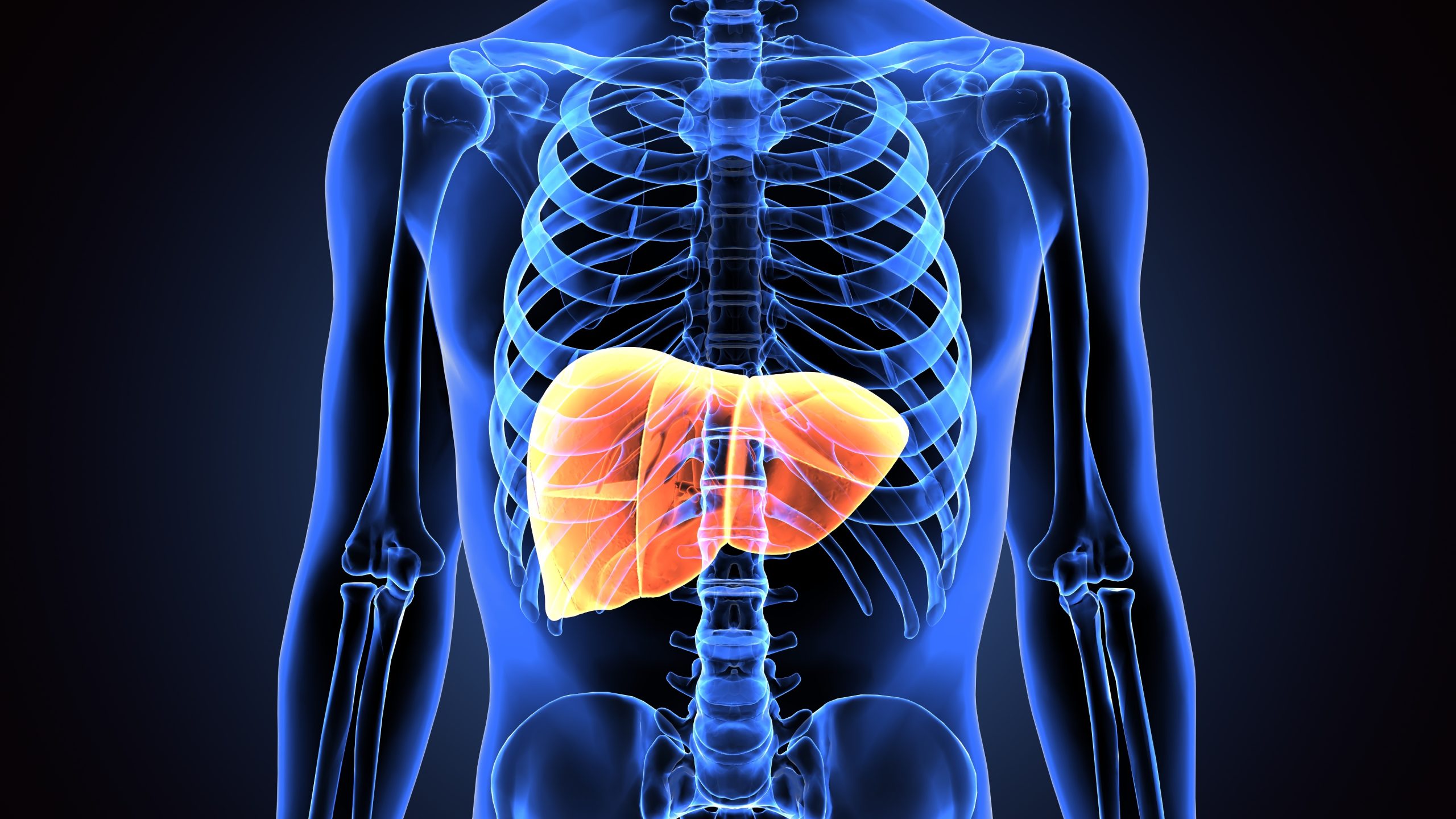November 8, 2023
 Cannabidiol (CBD) has gained popularity in the U.S. and Europe and is widely consumed and promoted to improve a variety of health conditions. Although safe for most, in rare instances, people receiving high daily doses of CBD can develop abnormalities in liver blood tests consistent with liver toxicity.
Cannabidiol (CBD) has gained popularity in the U.S. and Europe and is widely consumed and promoted to improve a variety of health conditions. Although safe for most, in rare instances, people receiving high daily doses of CBD can develop abnormalities in liver blood tests consistent with liver toxicity.
In a recent study led by Dr. Paul Watkins, Howard Q. Ferguson Distinguished Professor in the Division of Pharmacotherapy and Experimental Therapeutics at the UNC Eshelman School of Pharmacy, he and his colleagues looked at the risk of this potential liver injury when CBD was combined with Valproate (VPA), another medication used to treat seizures. The study, highlighted in the editorial of Clinical Pharmacology and Therapeutics’ November issue, involved a pioneering new approach based on computer modeling called Quantitative Systems Toxicology (QST), which helps predict what will happen once a drug arrives to its destination in the body.
The QST approach was able to successfully identify the ways in which CBD could cause liver toxicity, and these findings can now lead to ways to identify the people who are susceptible and should therefore avoid high daily doses of CBD. The study also demonstrated the utility of the QST approach to improve the safety of both natural and man-made drugs.
“The success of this study should help broaden the use of QST not just in my and other academic labs, but also in the pharma industry and the Food and Drug Administration,” said Watkins.
The study found that CBD treatment alone led to some potential liver injury depending on the level of the dose. Their findings didn’t demonstrate that taking CBD and VPA together had worse outcomes, which had been observed in other clinical trials. This means that the interactions between the two medications are likely more complex and need more research.
In another effort to address liver toxicity, Watkins successfully renewed his National Institutes of Health/ National Institute of Diabetes and Digestive and Kidney Diseases grant, which will provide $1.9 million over five years to support Carolina as a clinical center in the Drug-Induced Liver Injury Network (DILIN).
The University of North Carolina Clinical Center will continue to identify and enroll susceptible patients and apply cutting-edge scientific methods to improve understanding of why otherwise good drugs can hurt the liver in some people, with the goal of improving liver safety of new and existing drugs. Watkins believes that DILN is well positioned to help guide the accelerated rate of discovery and clinical application that will occur in the next five years.
Latest News

Dean Angela Kashuba receives Carolina Alumni Faculty Service Award

RASP poster presentations capture student research


